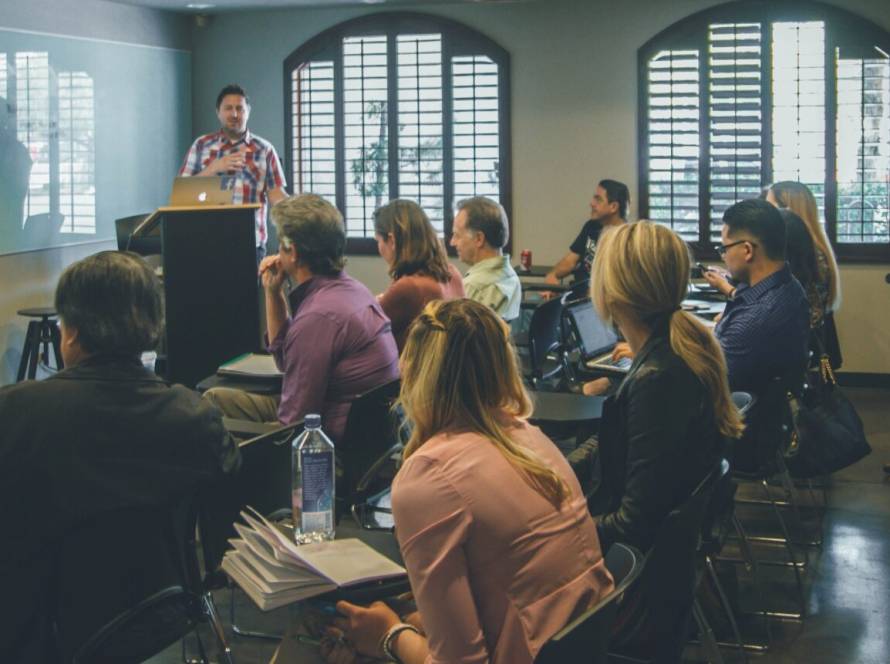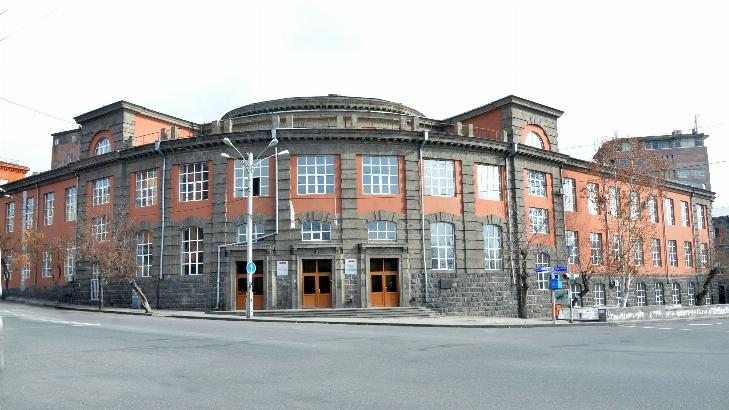The greening of the economy is a shared ambition in both developed and less developed economies, particularly if policymakers aim to create long-term, inclusive employment. The difficulties of such greening, as well as their effects on employment and skill levels, differ among regions and nations.
Impacts on the labor market are becoming more obvious as production shifts from high- to low-carbon, and adjustments are more likely to influence all employees. However, while the majority of these changes might be minimal, a tiny subset of businesses and professions will experience significant upheaval. To fully benefit from the prospects for green growth, it is imperative to prepare for the modifications. Despite the fact that much has been accomplished thus far, the 2008 financial crisis and the subsequent recession had a significant negative impact on job prospects in many countries.
Questionnaires and desk research, prove that there is a certain number of people, specifically women, vulnerable to becoming NEET (Not in Education, Employment or Training). These are people, who are socially excluded due to poor financial circumstances or come from families of emigrants where one parent is not occupied. The most challenging financial scenario, results from this. The opportunities offered, in order to gain their initial professional experience are a lot fewer compared to other citizens, as they lack the necessary training, credentials or strong educational foundation. As a result, they are not assimilated into society.
Innovation Hive in collaboration with 7 European partners, implementing the DG VET project: Innovative training material and methodology to support Not in Education, Employment or Training (NEET) young/women from rural areas to empower their employability. Understanding the actual status of NEET women and the DaGE (Digital & Green economy) sector, as well as their motivations, backgrounds, and prospects for the future in the labor market, is the main objective of this project. An extremely essential factor is also that we can see and analyze the common and unique challenges for this target group in each country because we have a broad perspective of the situation in Europe.
As an example, according to Eurostat, the Netherlands was the only country with a share of less than 5%, while Greece was one of the two nations (together with Italy) with NEET rates of 19% or higher at this level of schooling. NEET rates for people with tertiary degrees aged 15 to 29 Greece had the highest percentage at 26.8%, but overall, the rates were lower than for persons with other levels of schooling. According to Eurostat, young adults with university education had the lowest NEET rates in all but six EU Member States in 2021, with the exception of Portugal, Czechia, Croatia, Cyprus, Spain, and Greece.
In conclusion, the ultimate goal of the project and its partners is, to encourage the focus group to further participate in education or training after the adequate utilization of the activities and the learning activities provided. In the next period, partners will develop the training material of the project that will be available for the target group of the DG VET project. The topics that will be developed in English and in all partners’ languages are the following:
- Module 1 – Agriculture 4.0, Intoduction
- Module 2 – Digital Green Skills, Green skills and training as a starting point for prospective green jobs
- Module 3 – Challenges of today’s agriculture that Agriculture 4.0 solve
- Module 4 – Challenges of technology in agriculture
- Module 5 – Technologies used in Agriculture 4.0
- Module 6 – The future of technology in Agriculture 4.0
- Module 7 – Climate change mitigation and induced structural adjustment in the markets for labour
- Module 8 – Digital Farming: Driving productivity and a more sustainable way of farming



